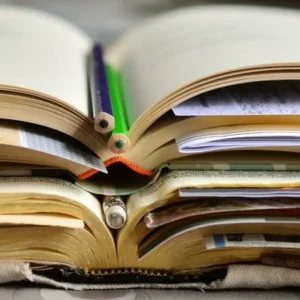Early in his tenure, in 2017, then Ghanaian President Nana Akufo-Addo declared a moratorium on all small-scale gold mining to combat severe environmental degradation caused by illegal mining, known locally as “galamsey.” He established an inter-ministerial committee on illegal mining and launched a joint military-police taskforce, Operation Vanguard, to enforce the ban. Initially intended to last six months, the moratorium continued for 20 months until December 2018, when it was lifted for newly registered miners. Despite these measures, illegal mining continued unabated, with official records showing that gold production from small-scale mining actually increased during the period of the ban.
To understand why the government’s campaign failed, political scientists conducted field visits to mining communities in Ghana’s western and central regions. They interviewed miners, local residents, and affected individuals, and reviewed official reports, scientific studies, and media coverage. Their findings indicate that the involvement of government officials and business elites in illegal mining—what they term “democracy capture”—was central to the failure of the interventions. Ghana’s democratic institutions, despite being highly regarded electorally, had been co-opted by political and economic elites for personal enrichment, undermining state enforcement efforts.
Corruption scandals highlighted the depth of the problem. By mid-2023, investigations revealed that military-seized mining machinery had gone missing, and some military personnel assigned to protect forests were implicated in protection rackets. In April 2023, a leaked report by Kwabena Frimpong-Boateng, former chair of the inter-ministerial committee, detailed involvement of high-level government and ruling party officials in illegal mining activities during the ban. The report, submitted in 2021, was initially suppressed and attempts were made to discredit its findings. The continued high levels of gold production—1.5 million ounces in 2017 and nearly 2 million ounces in 2018, when the moratorium was in place—demonstrate that enforcement was ineffective.
The study identifies “democracy capture” as a systematic appropriation of state benefits by political and business elites for personal enrichment. This phenomenon goes beyond isolated acts of corruption, involving coordinated efforts by party-affiliated elites to protect illicit operations while extracting financial gains. The researchers argue that democracy capture in Ghana extends beyond the Akufo-Addo administration to encompass both major political parties, undermining governance and accountability.
The mechanisms of democracy capture include control of state operations by the presidency and ruling party officials, party influence over key regulatory agencies like the Forestry Commission, protection of elite members from prosecution, and complicity of military and law enforcement personnel in illicit activities. The case of Charles Bissue, a senior inter-ministerial committee official caught in an undercover investigation yet still unresolved after six years, exemplifies these dynamics.
The consequences of democracy capture are profound. Elites can act with impunity, socio-economic development is sidelined, wealth is concentrated at the top, and inequalities intensify. Combating this entrenched system requires active civil society engagement, robust media exposure, and a strengthened legal and judicial framework committed to prosecuting offenders. While the current Attorney General has ordered an investigation into the leaked report, meaningful action remains uncertain. The study underscores that without addressing the structural capture of Ghana’s democratic institutions, efforts to curb illegal mining and achieve equitable development are likely to continue failing.







